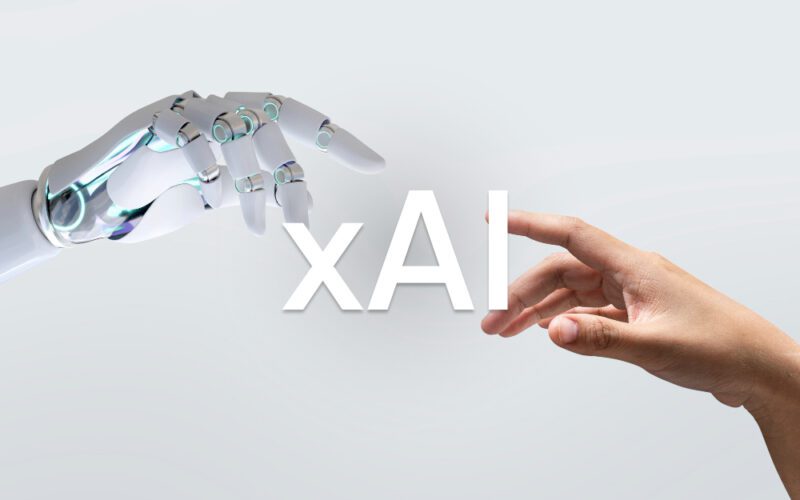The U.S. government has awarded a significant defense contract to Elon Musk’s AI startup, xAI, marking a pivotal moment in the intersection of artificial intelligence and national security. This partnership not only elevates Musk’s position in the AI race but also shows how rapidly emerging technologies are integrating into defense and intelligence operations.
xAI’s Role in the Future of Military Technology
Launched in 2023, xAI began as Musk’s answer to the growing dominance of OpenAI and Google DeepMind. With its recent partnership with the U.S. Department of Defense (DoD), xAI has stepped into the spotlight as a strategic player in military technology.
Although the government hasn’t released full details of the contract, reports suggest that xAI will help develop autonomous systems, decision-support tools, and AI models specifically designed for battlefield and cyber defense scenarios. These efforts align closely with DARPA’s initiatives to create smarter, adaptive systems that support rapid decision-making in complex environments.
Why This Contract Matters
This collaboration could redefine how defense agencies approach warfare and strategic planning. By embedding advanced AI into military operations, the U.S. aims to outpace global competitors like China and Russia, who continue to invest heavily in defense-focused AI.
The government’s move to work with Musk—who already collaborates with NASA and the DoD through SpaceX—signals strong confidence in his ability to deliver transformative technologies. This partnership also raises important questions about the influence of private tech companies in national defense strategies.
Ethical and Security Considerations
Many critics warn that incorporating AI into defense introduces ethical dilemmas. They worry about bias in autonomous systems, accountability gaps, and the risk of escalating conflicts through AI-driven decisions. The Center for a New American Security (CNAS) regularly emphasizes the need for strong oversight and ethical frameworks in military AI applications.
Despite these concerns, advocates argue that involving companies like xAI under strict government supervision offers the best chance to responsibly lead in this space. They believe it’s better for democratic nations to define these standards before adversarial regimes set their own.
The Bigger Picture: Musk’s Expanding AI Footprint
This contract strengthens Musk’s presence across multiple AI domains—from self-driving vehicles at Tesla to space and satellite tech at SpaceX, and now military AI at xAI. His companies continue to blur the lines between consumer innovation and national infrastructure.
By securing this defense deal, Musk reinforces his vision of AI’s role not just in convenience, but in strategy and security. However, as more public institutions depend on privately developed AI systems, society must confront questions about transparency, ownership, and the concentration of technological power.
Conclusion
The Elon Musk xAI defense contract represents more than a financial or political win—it signals a broader transformation. The next phase of AI development will shape not only how we work and live, but how nations protect themselves and maintain global order.
As AI embeds deeper into military and security domains, transparency, regulation, and global cooperation will be vital in ensuring its responsible use.









